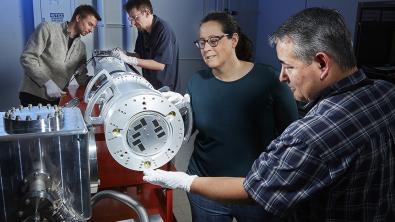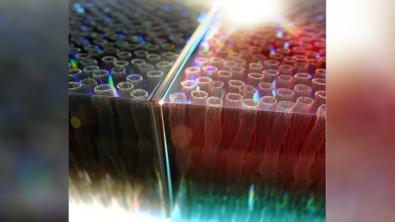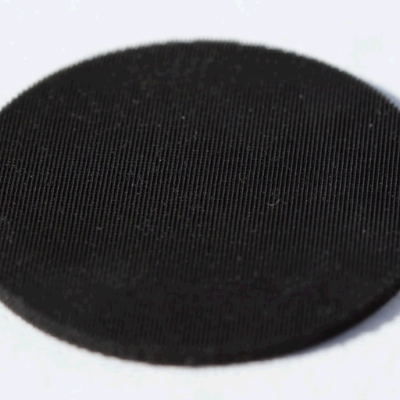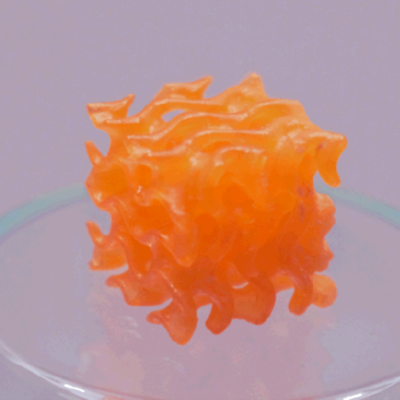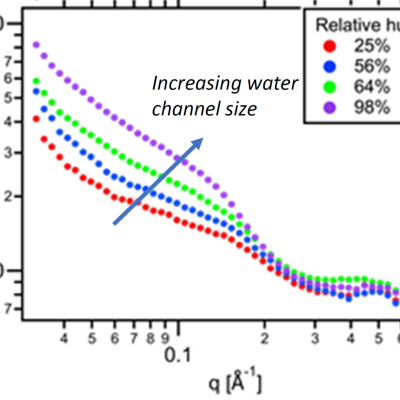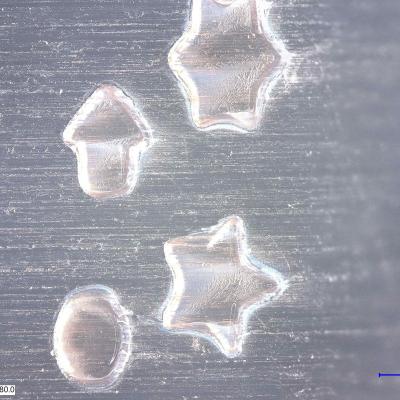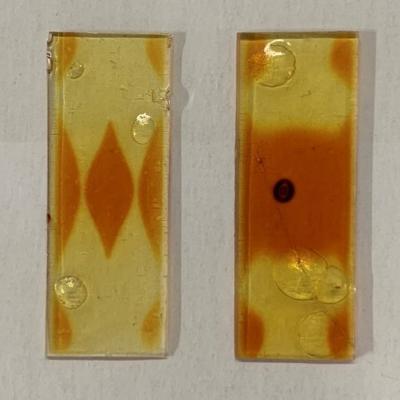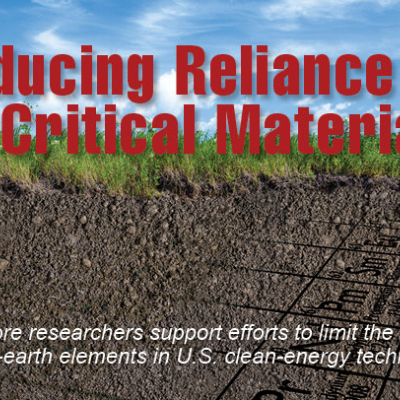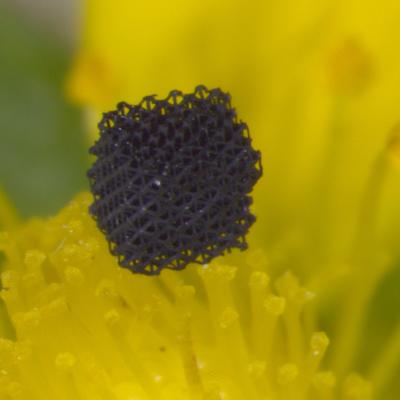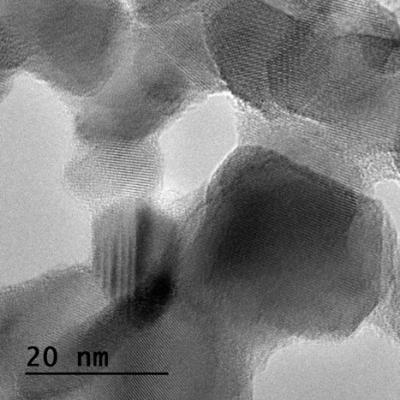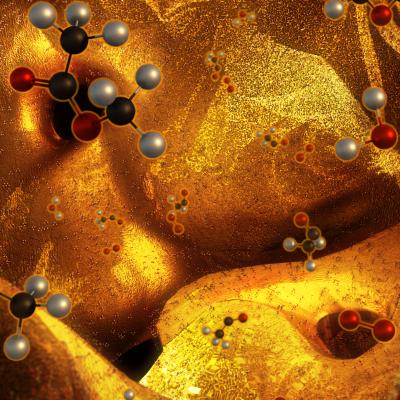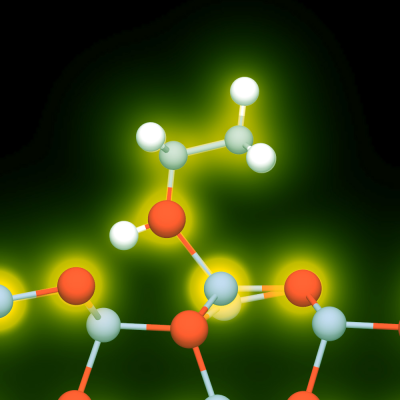Lawrence Livermore National Laboratory is a leading new chemicals and materials creation with a broad array of applications including batteries, catalysts for clean technology, ceramics, composites, additives and more. The Lab’s unique Advanced Manufacturing capabilities go hand in hand with the creation of novel methods to create new concepts altogether.
Portfolio News and Multimedia
The trade journal R&D World Magazine recently announced the winners of the awards, often called the “Oscars of innovation,” recognizing new commercial products, technologies and materials that are available for sale or license for their technological significance.
Lawrence Livermore National Laboratory (LLNL) scientists and engineers have earned four awards among the top 100 inventions worldwide. With this year’s results, the Laboratory has now collected a total of 186 R&D 100 awards since 1978.
Submitted through LLNL’s Innovation and Partnerships Office (IPO), these awards recognize the impact that Livermore innovation, in collaboration with industry partners, can have on the U.S. economy as well as globally.
A multidisciplinary team of researchers at Lawrence Livermore National Laboratory (LLNL) developed a new type of electrically controlled, near-infrared smart window that can cut near-infrared light transmission by almost 50%. Their secret ingredient? Vertically aligned carbon nanotubes—tiny, tube-shaped structures made from carbon atoms that are thousands of times thinner than a human hair. The research was published in Nano Letters.
Information about the opportunity to license the technology can be found here: Electrochromic Devices Made from VACNTs
A recording of DOE Office of Technology Commercialization's National Lab Discovery Series webinar that introduces TAOS — The Alloy Optimization Software was recently posted. Discover how Lawrence Livermore National Laboratory is making metal alloy design faster, easier, and more accessible with TAOS.
TAOS is a cross-platform tool that helps users design new alloys based on target properties like melting temperature or phase stability — without requiring deep expertise in materials science. With an intuitive interface and powerful back-end modeling, TAOS allows users in aerospace, automotive, power generation, electronics and more to screen large multicomponent systems in minutes using a standard computer. This enables non-experts to develop new complex metal alloys for unique industrial applications in an accelerated, flexible and cost-efficent way. To learn more about TAOS, go to LLNL's software portal.


